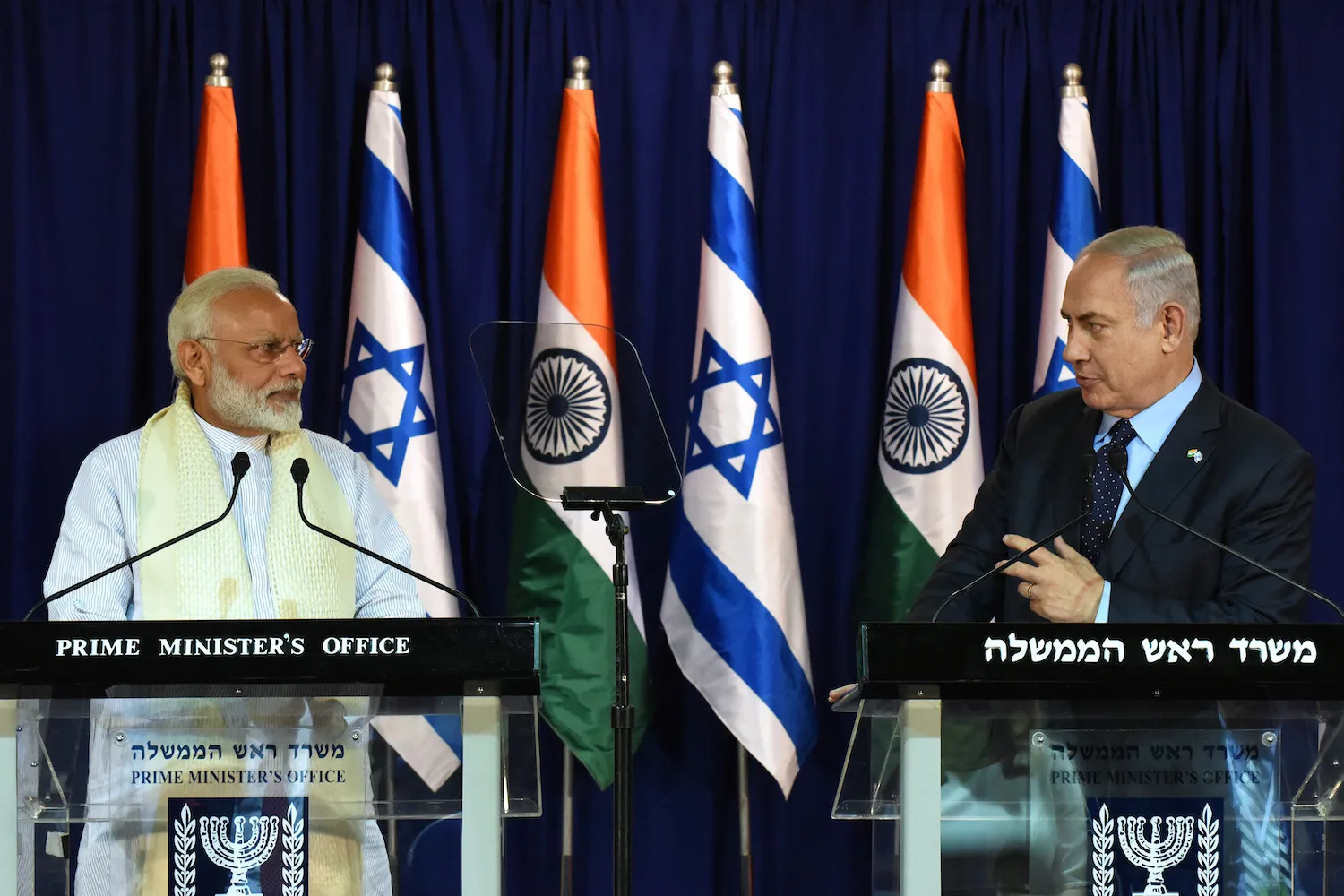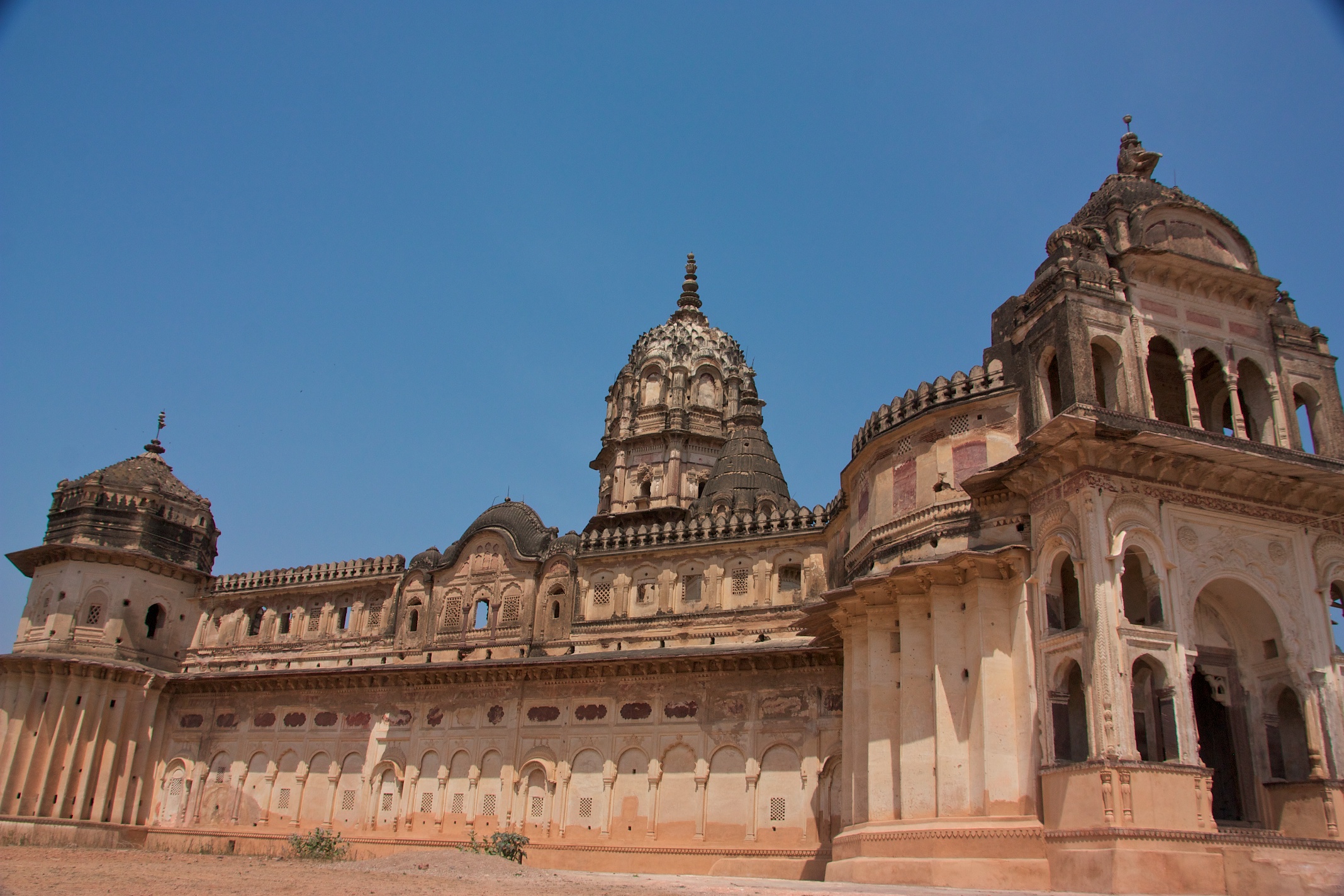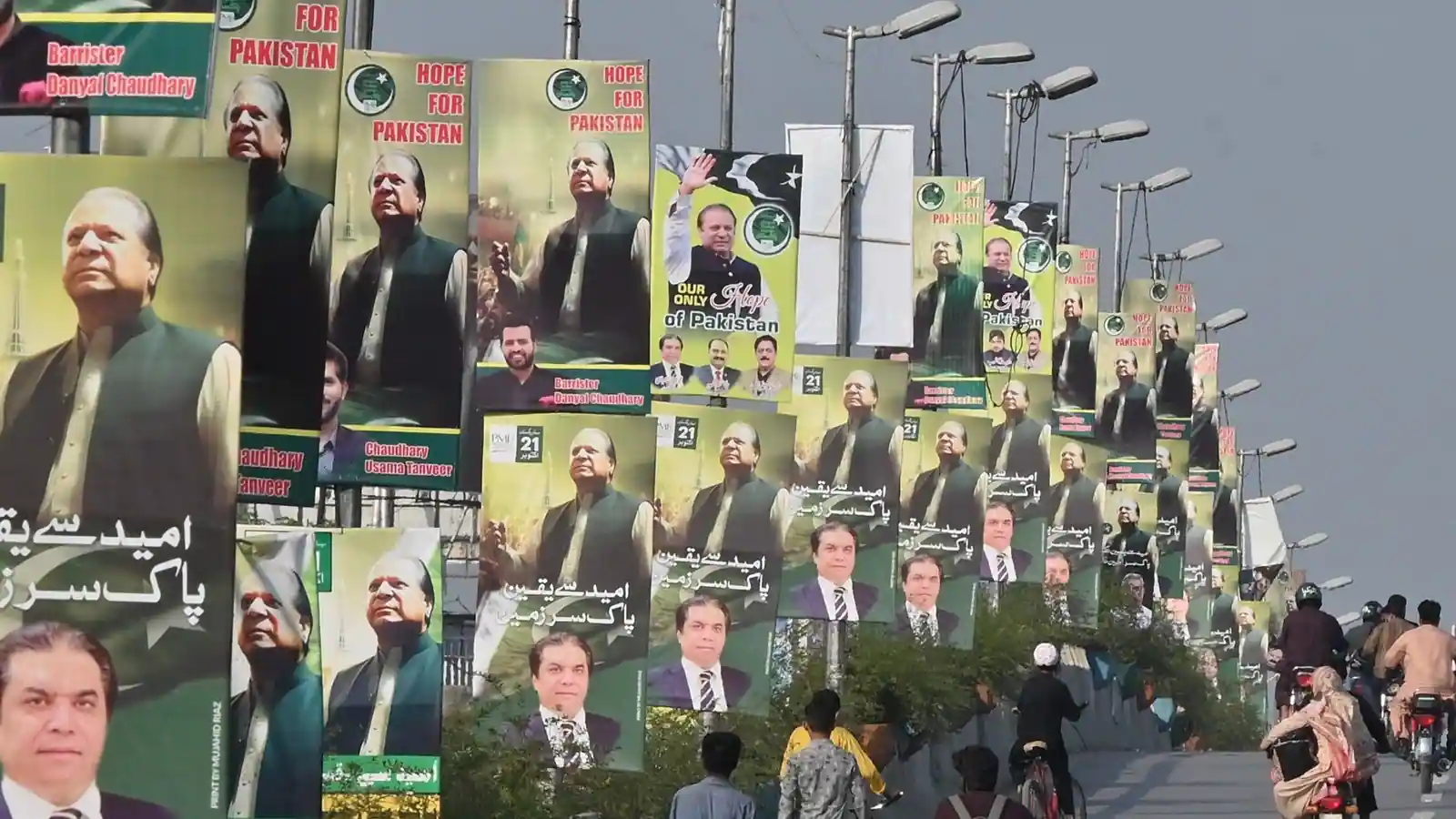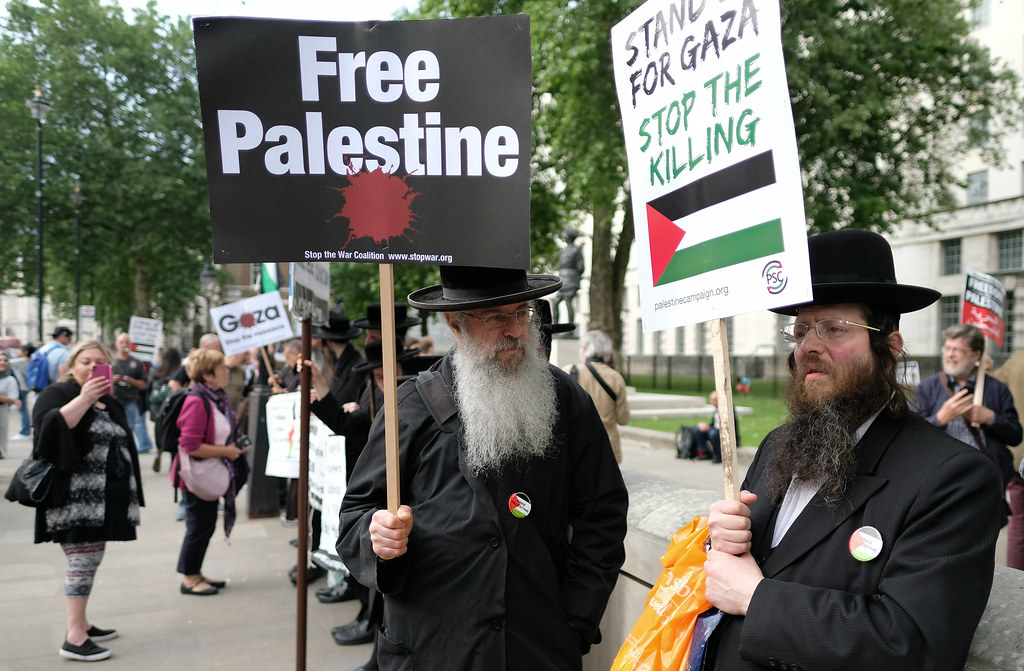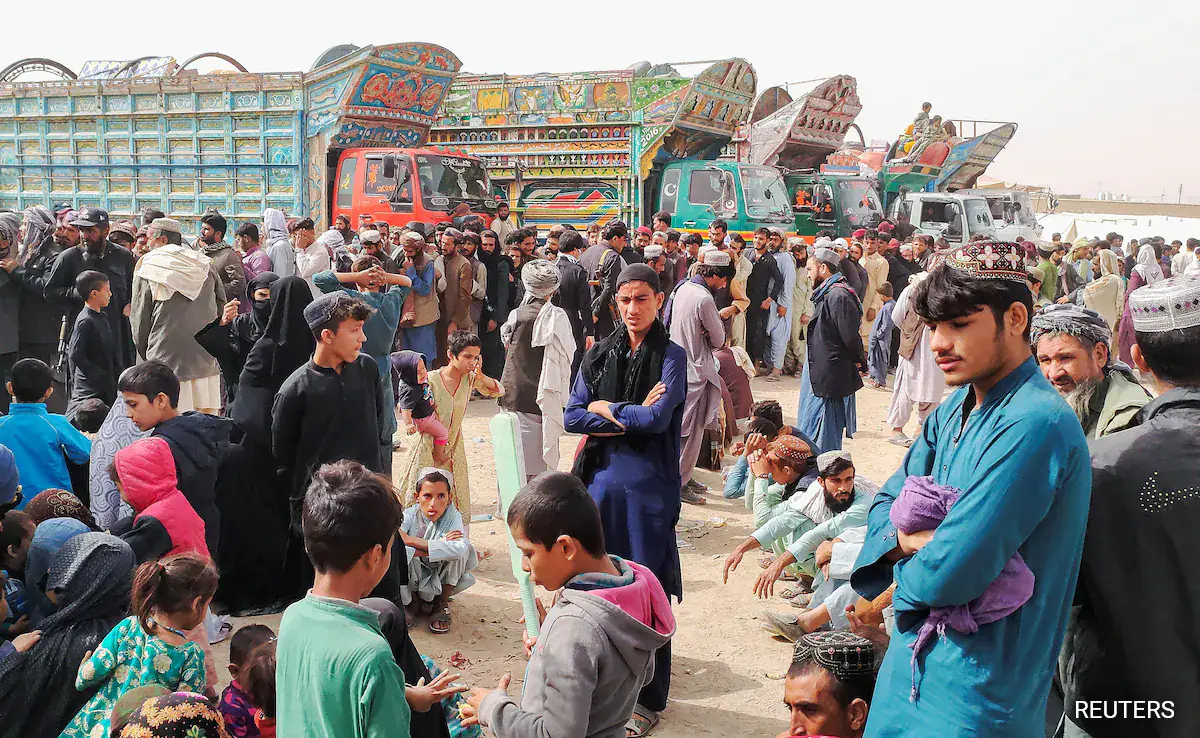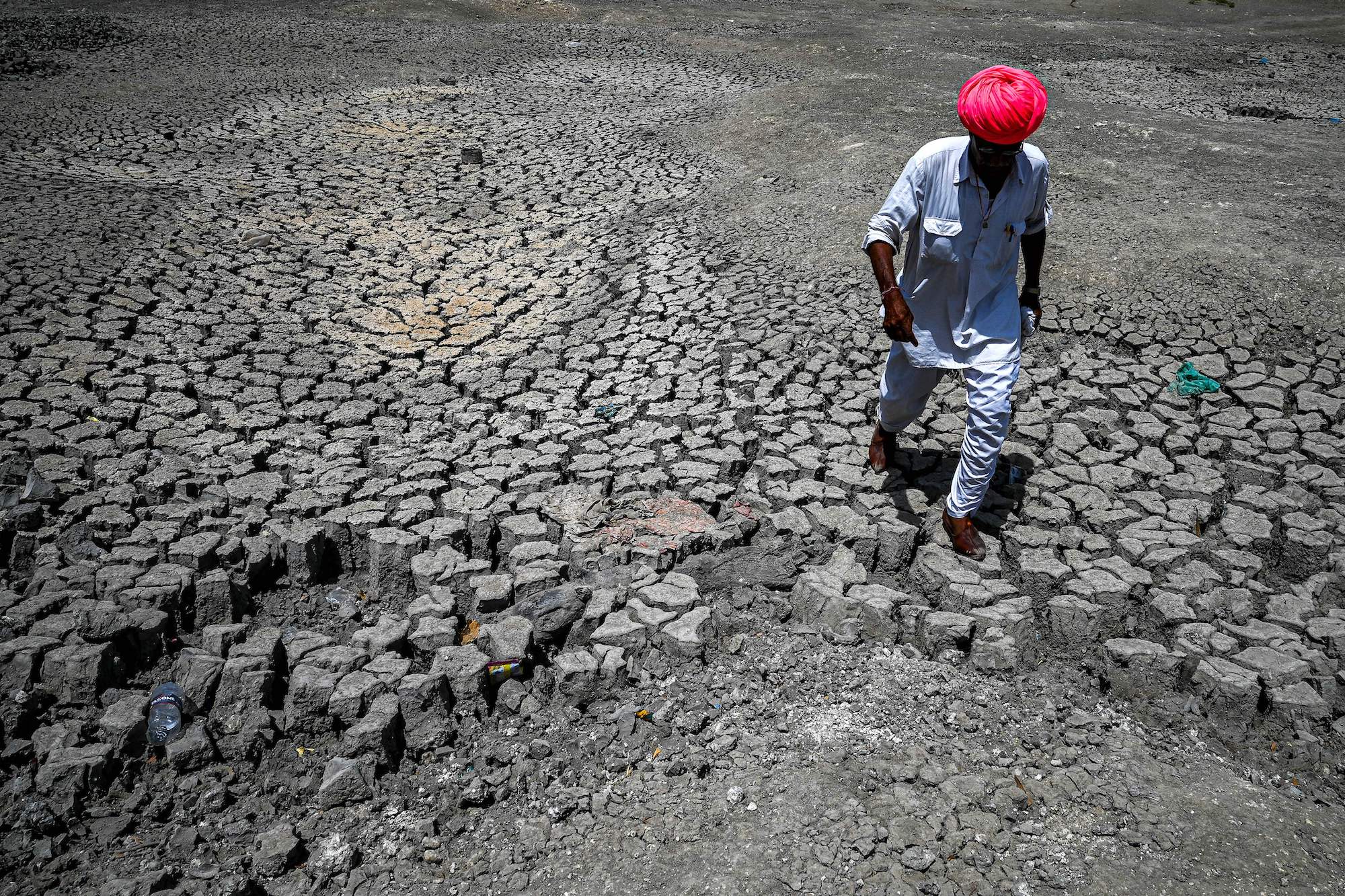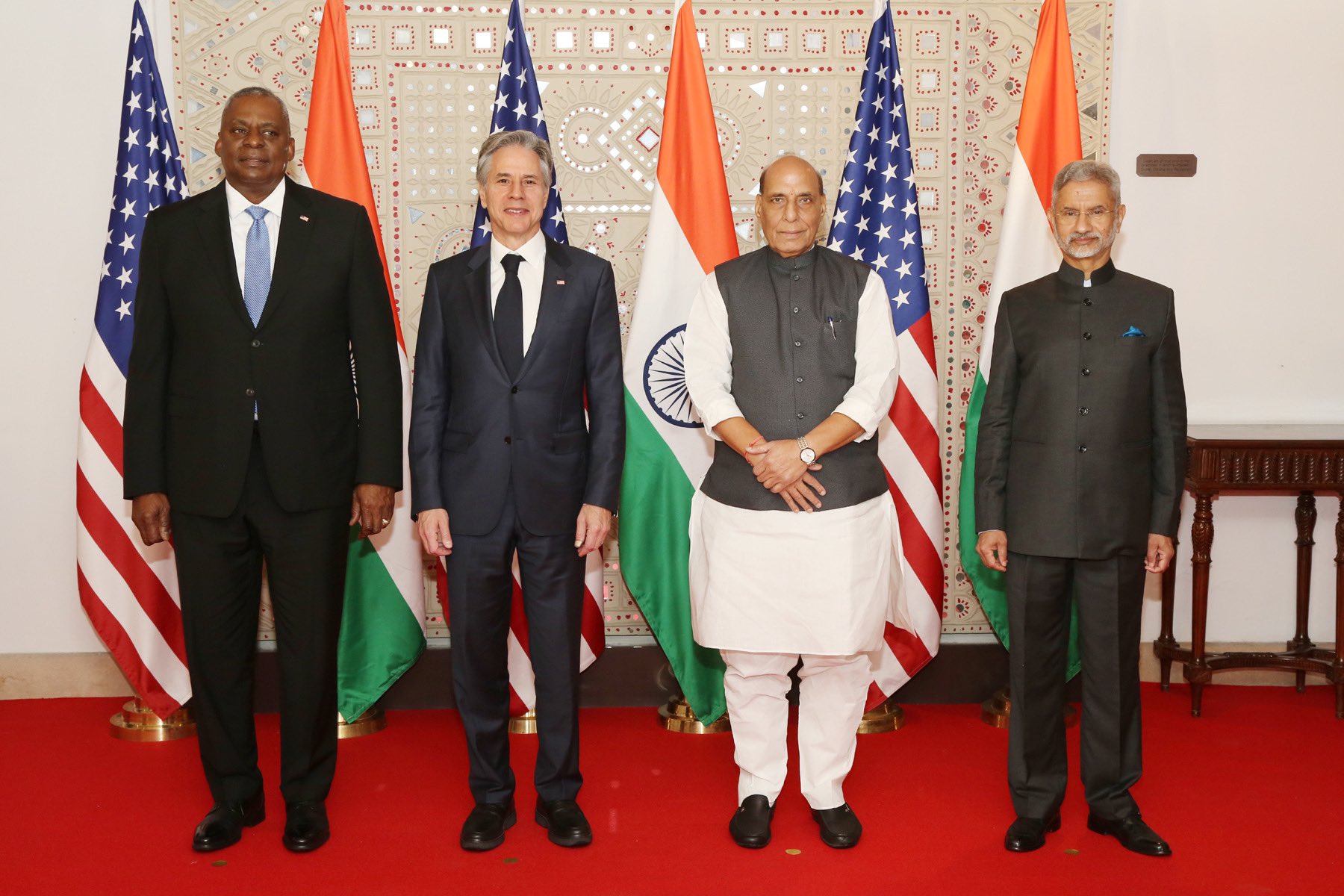In the midst of the mayhem in the Gaza Strip, India’s principled and impartial position shines out as the Hamas-Israel battle continues to evoke strong emotions and have a significant impact on domestic politics.
India’s stance on the chaotic circumstances in Gaza is based on three main ideas. First, regardless of settings, histories, or Israel’s ensuing reactions to the attacks, it categorically denounces the terror strikes on Israeli civilians carried out by Hamas operatives. Second, India is dedicated to making sure that all people, Israelis or Palestinians, are protected. In keeping with this philosophy, New Delhi has supplied necessary supplies to the Gaza Strip, a region gripped by conflict, in addition to expressing support for humanitarian relief to Palestinian inhabitants.
The third fundamental tenet of India’s crisis management strategy is its unwavering support for a two-state resolution. India supports Israel and Palestine coexisting as two sovereign nations that live side by side in safety and harmony. The long-running Arab-Israeli conflict is thought to be permanently resolved with this two-state solution.
India made a wise step when it publicly acknowledged that Hamas was behind the terror strikes in Israel that claimed over 1500 lives. India views Hamas as a terrorist group that receives support from nations like Qatar and is founded on the radical ideology of the Muslim Brotherhood.
It’s necessary to go into some background knowledge in order to comprehend this better. The two key ideologues of the Muslim Brotherhood at its inception, Hassan Al-Banna and Syed Qutab, were born in Egypt. The Muslim Brotherhood was established in the early 20th century by Egyptian educator Hassan al-Banna. It is a powerful Islamic revivalist movement that has had a big impact on the region. According to Al Banna, Islam is a complete system in which national constitutions are defined by the Quran and Sunnah. His philosophy promoted pan-Arab unity within the framework of globalist Islam while rejecting British imperialism and Western materialism. However, Al Banna disagreed strongly with Arab socialists who were influenced by secular modernizers like Michel Aflaq because he was against Arab nationalism and Egyptian traditionalism. Due to disagreements over ideology, the Brotherhood faced persecution from Gamal Abdel Nasser, the leader of Egypt, which forced many of its members to emigrate to Saudi Arabia, Kuwait, and Qatar.
Through its founding ideologue, Sheikh Ahmed Yassin, Hamas—an acronym for Harakat al-Muqawama al-Islamiya, or the Islamic Resistance Movement—introduced the concepts of the Muslim Brotherhood to Palestine. While studying theology in Cairo, Sheikh Yassin, a Palestinian theologian, was exposed to the ideas of the Muslim Brotherhood. Yassin performed humanitarian work and religious preaching in the West Bank and Gaza in the late 1960s, when both areas were taken over by Israel after the 1967 Six-Day War.
After the first intifada, or revolt against Israeli occupation, began in 1987, Sheikh Yassin went on to found Hamas as the political branch of the Brotherhood in Gaza. A year later, Hamas published its charter, which demanded the overthrow of Israel and the creation of an Islamic community in the ancient Palestinian territory. Hamas’s radical approach placed it against the Palestine Liberation Organisation’s (PLO) secular resistance, igniting a power struggle that ultimately resulted in the organisation of Hamas’s authority over Gaza.
Let’s fast-forward to the relationship between Hamas and Qatar, a nation that had already accepted the principles of the Muslim Brotherhood. Even after the Muslim Brotherhood was formally dissolved in 1999, Qatar continued to support the group diplomatically, financially, and through the satellite network Al Jazeera, which it owns but which has been accused of being biassed in favour of the Brotherhood. Prominent figures from the Brotherhood, such as its spiritual head, Yusuf al-Qaradawi, found refuge in Qatar as well. Hamas leaders like Khaled Mashal moved to Doha as a result of the 2011 Arab Spring. Even after Hamas forcefully took over the Gaza Strip, Qatar continued to provide substantial financial support to the organisation, according to a report by the Counter Extremism Project. Qatar declared in 2016 that it would pay $30 million to Gazan labourers employed by Hamas.
Other Hamas figures under international sanctions have also been welcomed by Qatar. Saleh al-Arouri, a prominent Hamas military commander and financier who oversaw Hamas military operations from Turkey and Qatar, was ultimately forced to leave Qatar due to pressure from neighbouring Gulf states.
In their April 2019 publication “The Qatar Papers—How the Emirate Finances Islam in France and Europe,” French journalists Christian Chesnot and Georges Malbrunot disclosed Qatar’s financial backing for 140 mosques and Islamic centres across Europe, including those affiliated with the Brotherhood. Although a definitive connection cannot be made, eight former Indian navy personnel were recently sentenced to death by Qatari courts, shortly after India declined to take a partisan position on the events that followed Hamas’s October 7 attacks on Israeli citizens.
India’s unequivocal denunciation of Hamas may put it in line with a number of friends, such as Bahrain, Saudi Arabia, and the United Arab Emirates—Gulf nations that violently put down uprisings led or encouraged by the Muslim Brotherhood during the Arab Spring. In addition, President Abdel Fattah Al-Sisi of Egypt was instrumental in putting an end to the Muslim Brotherhood’s uprising in 2011.
The President of Egypt and Prime Minister Narendra Modi have begun speaking to find areas of agreement on the current state of affairs. Similar diplomatic efforts to advance a pro-Palestine, minus-Hamas narrative and advance a two-state solution to the problem might be necessary with the leaders of the United Arab Emirates and Saudi Arabia.
In conclusion, India stands out as a voice of reason, moderation, and principle due to its calm and moral response to the Hamas-Israel dispute. India’s commitment to fostering peace, stability, and the protection of people in this hazardous region, regardless of their background, is underscored by the alignment of its stance with important regional powers.
